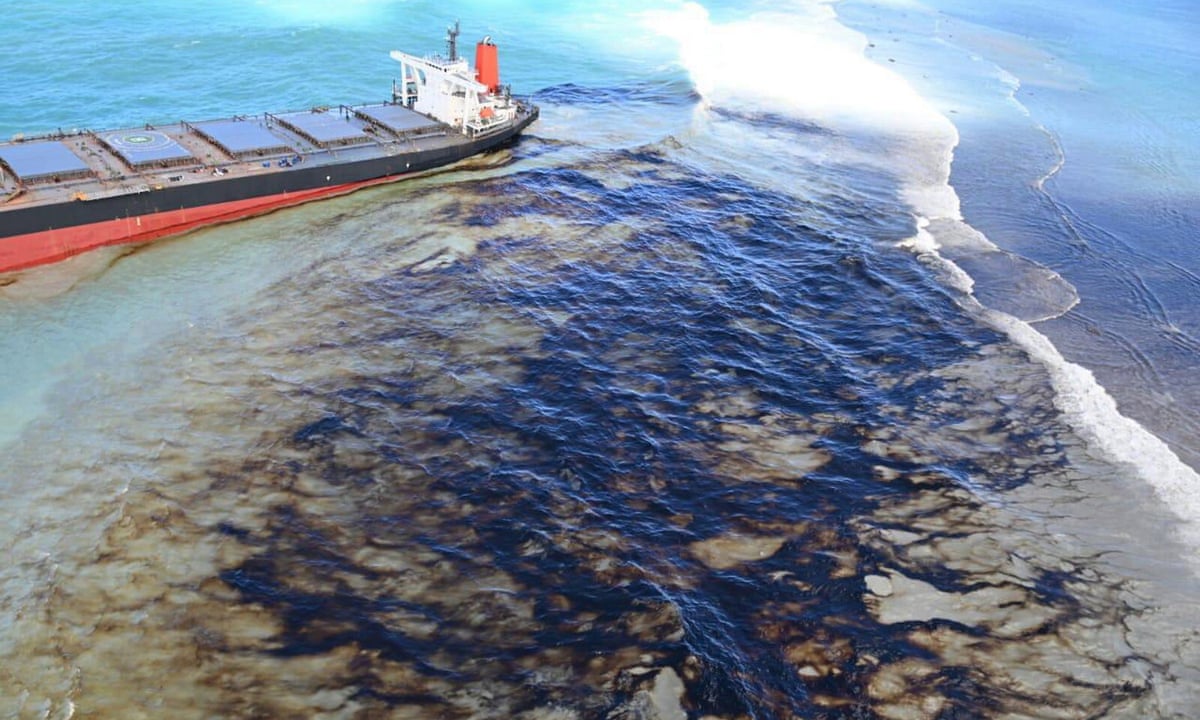Curepipe Curepipe is by far one of the most densely populated areas within Central Mauritius, and...
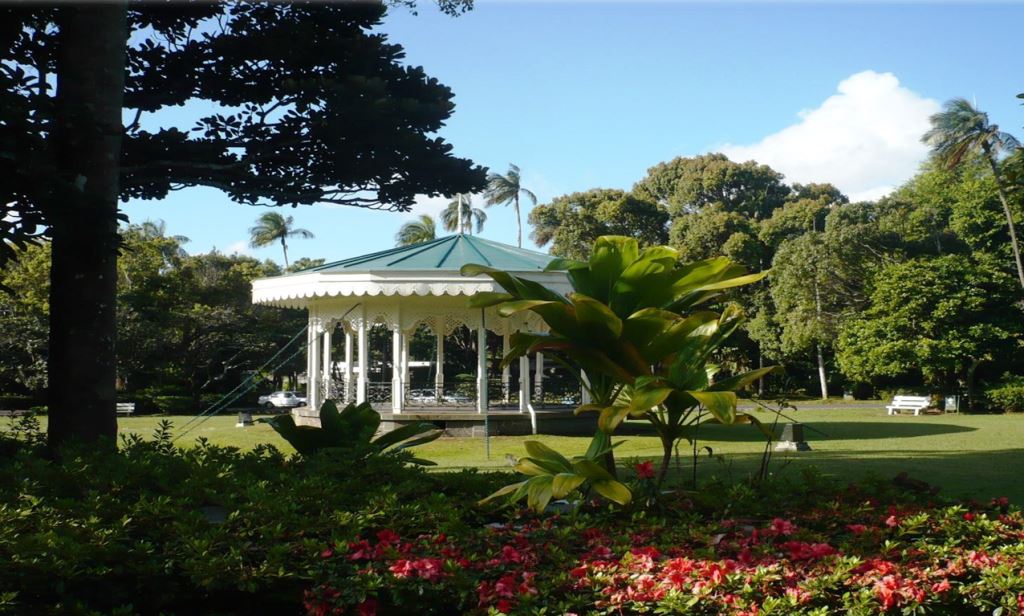

Curepipe Curepipe is by far one of the most densely populated areas within Central Mauritius, and...
Features information that is relevant to travellers who are thinking about and actively planning a visit to Mauritus.
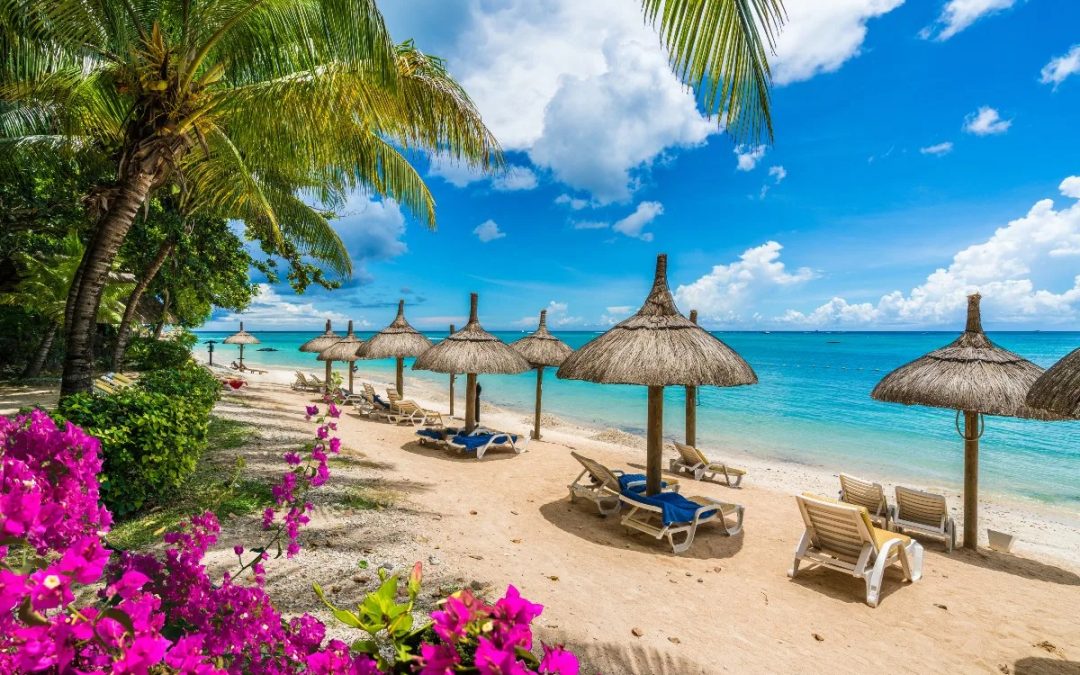
With the successful vaccination rollout, Mauritius is allowing vaccinated travelers from 1st September 2021 to spend only 7 days in a special ‘resort bubble’ hotel before going out to discover the island. From 1st October 2021 all vaccinated travelers, who present a negative PCR test taken 72 hours prior to embarkation, will be allowed to enter and travel freely.
The Mauritian government vaccinated tourism workers and hotel staff to make it safe for international travelers.
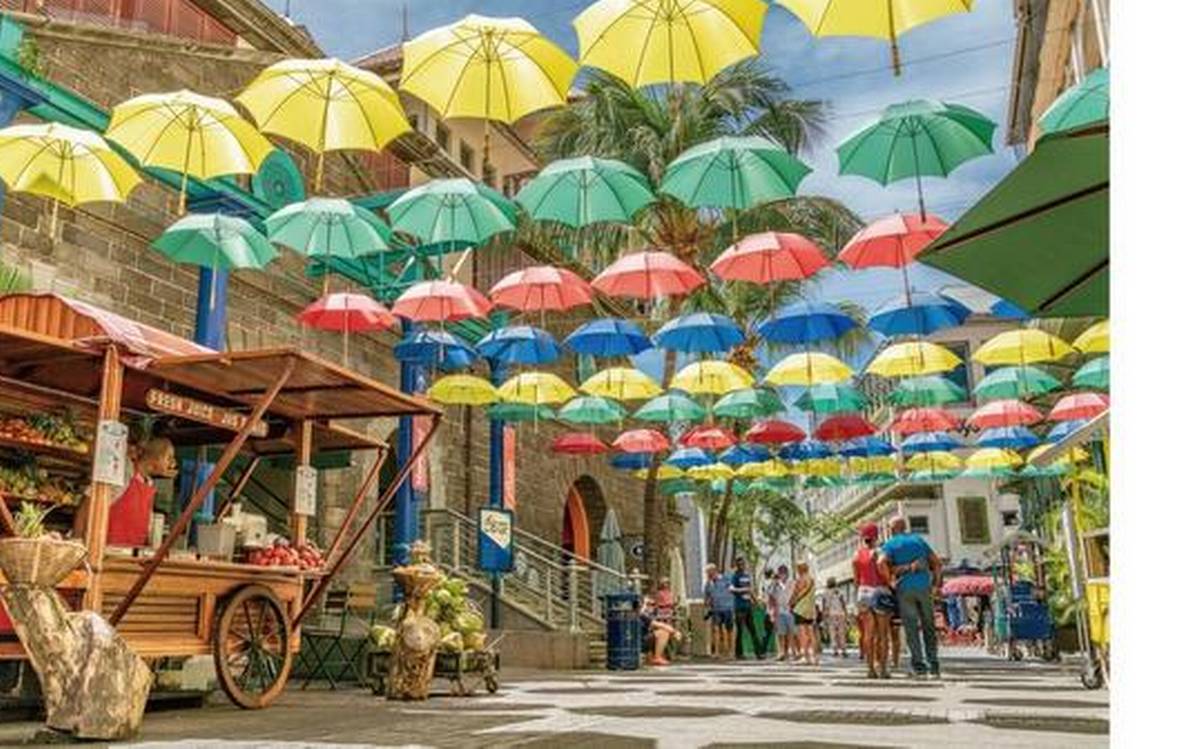
Flights from Europe and the Middle East is currently provided by Air Mauritius, Emirates, Turkish Airlines, Air France, Kenya Airways and British Airways. At this time of year, visitors will find the perfect climate for enjoying the various outdoor activities Mauritius has to offer, such as hiking, kite surfing, water sports, as well as of course relaxing on the country’s world-renowned beaches.
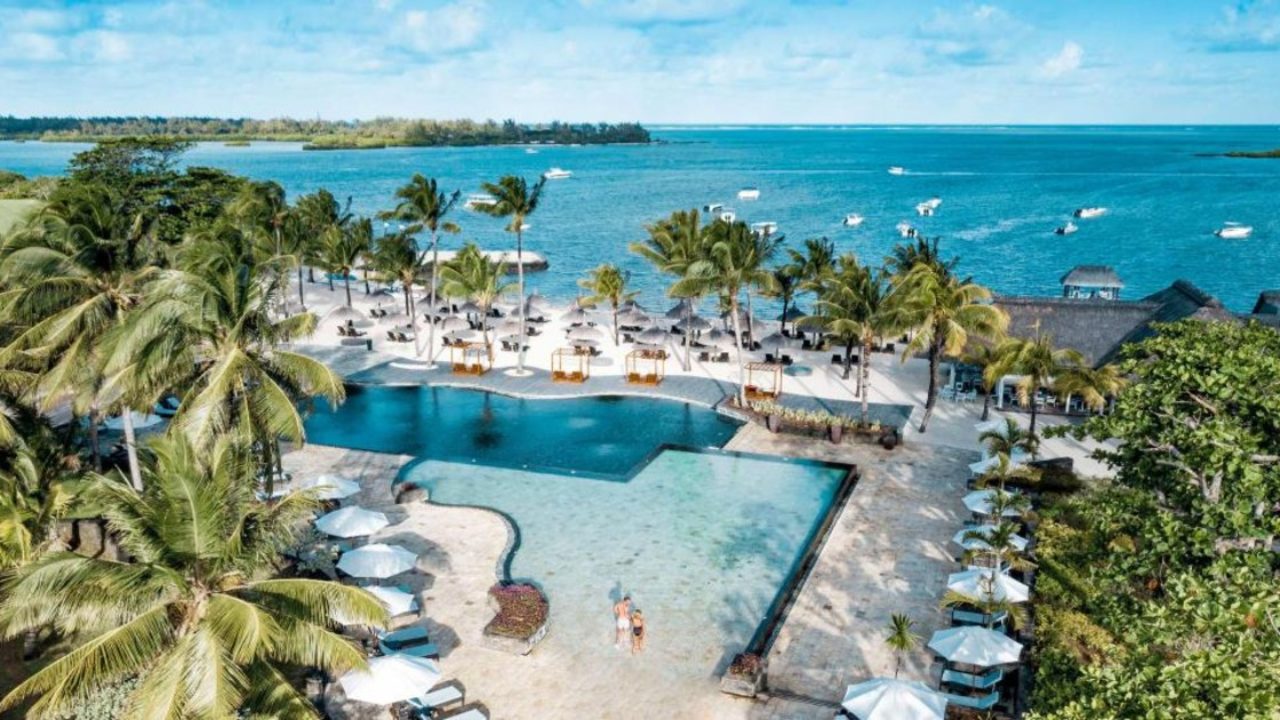
Mauritius opened for international travel in the middle of July. Vaccinated guests could spend 14 days in a special ‘resort bubble’ hotel before going on to discover more of the Indian Ocean paradise.
Your travel here can satisfy your short break for shopping, partying, sunbathing, fine dining, sporting events, and even a few sinful pleasures
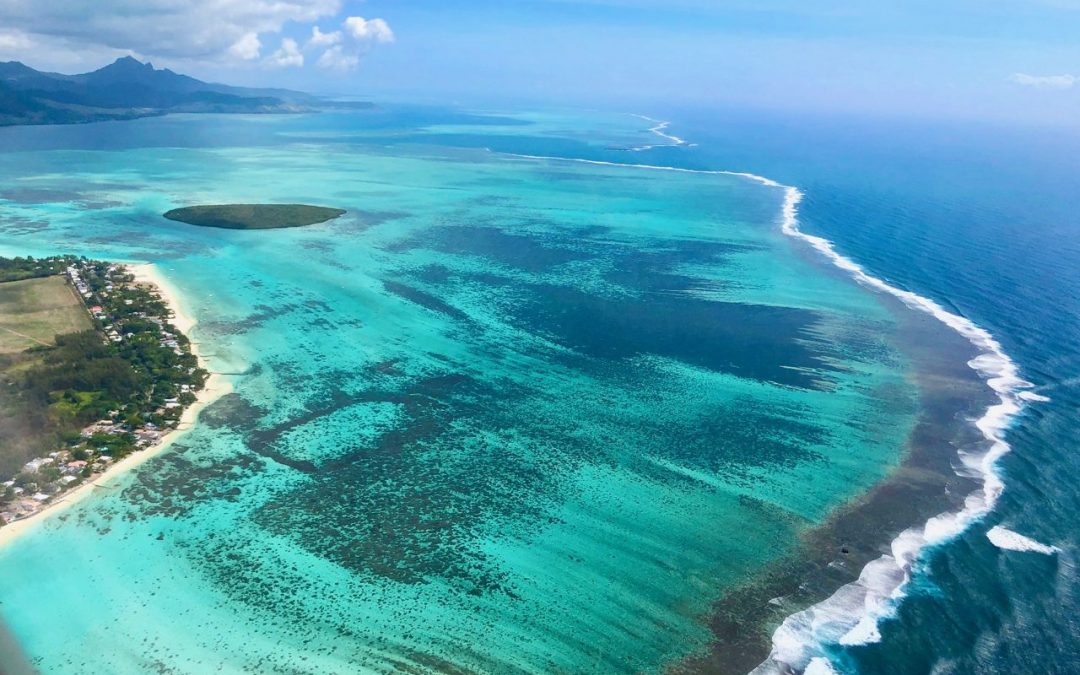
Mauritius is typically tropical in the coastal regions with forests in the mountainous areas. Seasonal cyclones, that generally occur between January and March are very destructive to the flora and fauna, although they recover quickly. Warm and humid summer is from November to April. The rest of the year has cooler dry winter.
The central plateau is much cooler than the surrounding coastal areas and receives double the rainfall of the coastal region. The trade winds keep the east side of the island cooler and bring more rain.
Mauritius faces environmental problems in water management, soil erosion, sustainable land use, invasive species, and preservation of its wildlife. The sources of water pollution are sewage and agricultural chemicals. Mauritius cities produce 0.1 million tons of solid waste annually. The erosion of the soil occurs through deforestation.
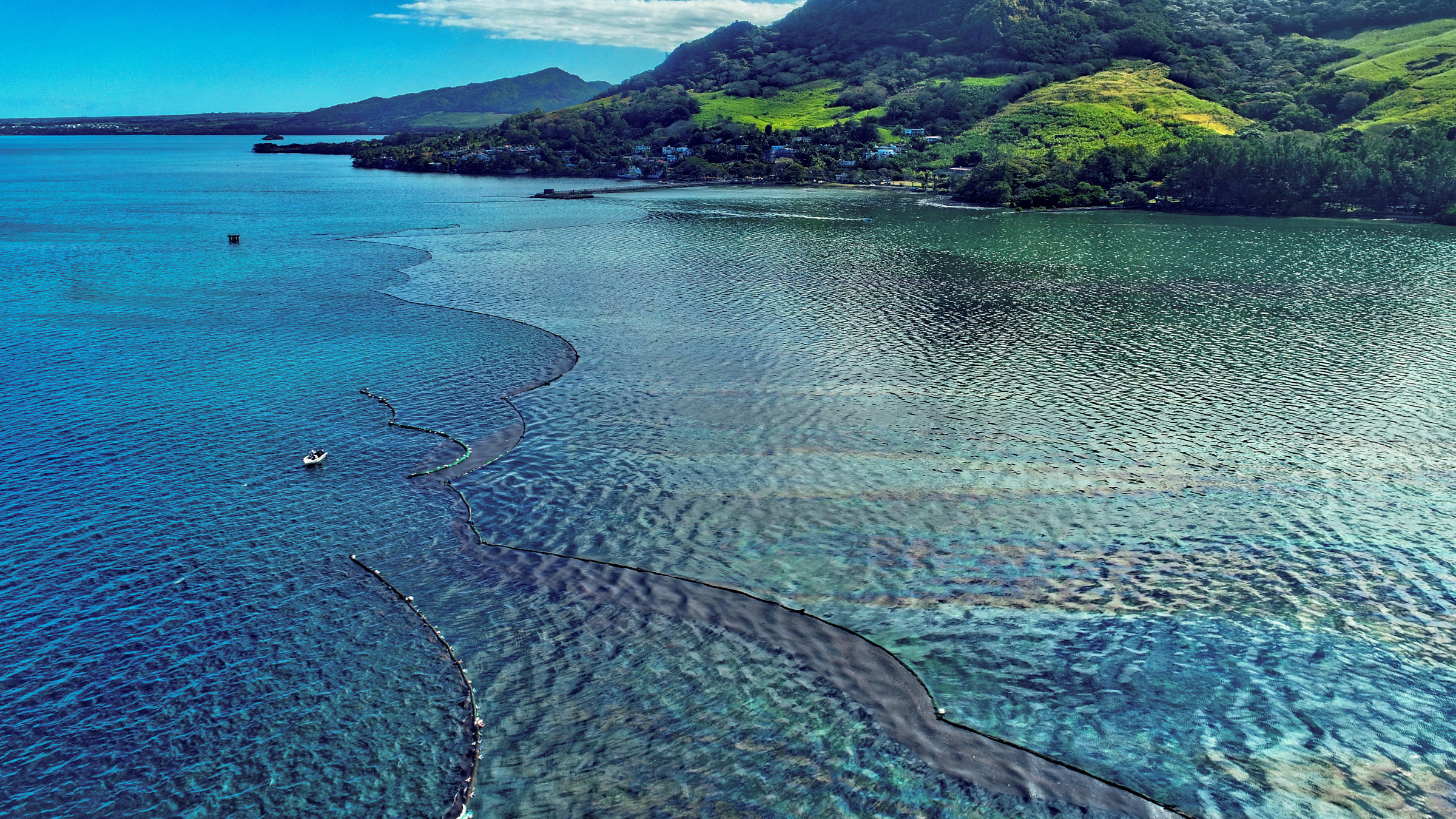
The government is adopting an Integrated Management Approach to Sustainable Environmental Management under the Environment Protection Act of 1991.
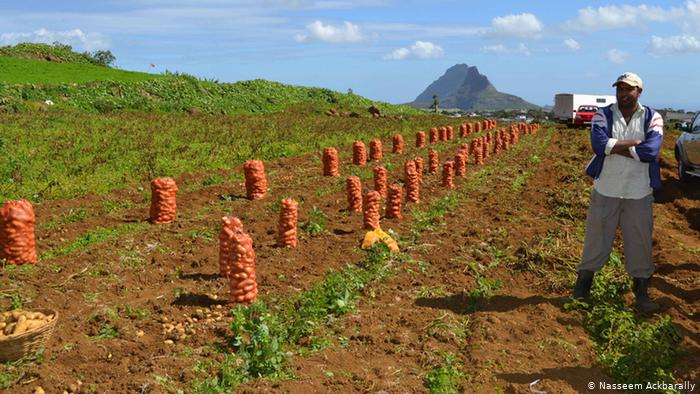
The overuse of chemical fertilizers to bump up their yields has turned the soil toxic. Farmers in Mauritius use about 50,000 tons of fertilizer each year. The chemicals leach into the island’s underground reservoirs when it rains. These chemicals pollute about 80 percent of water used by locals from these underground sources. Now attempts are being made to use compost instead of chemicals to remove the toxicity from the soil.
